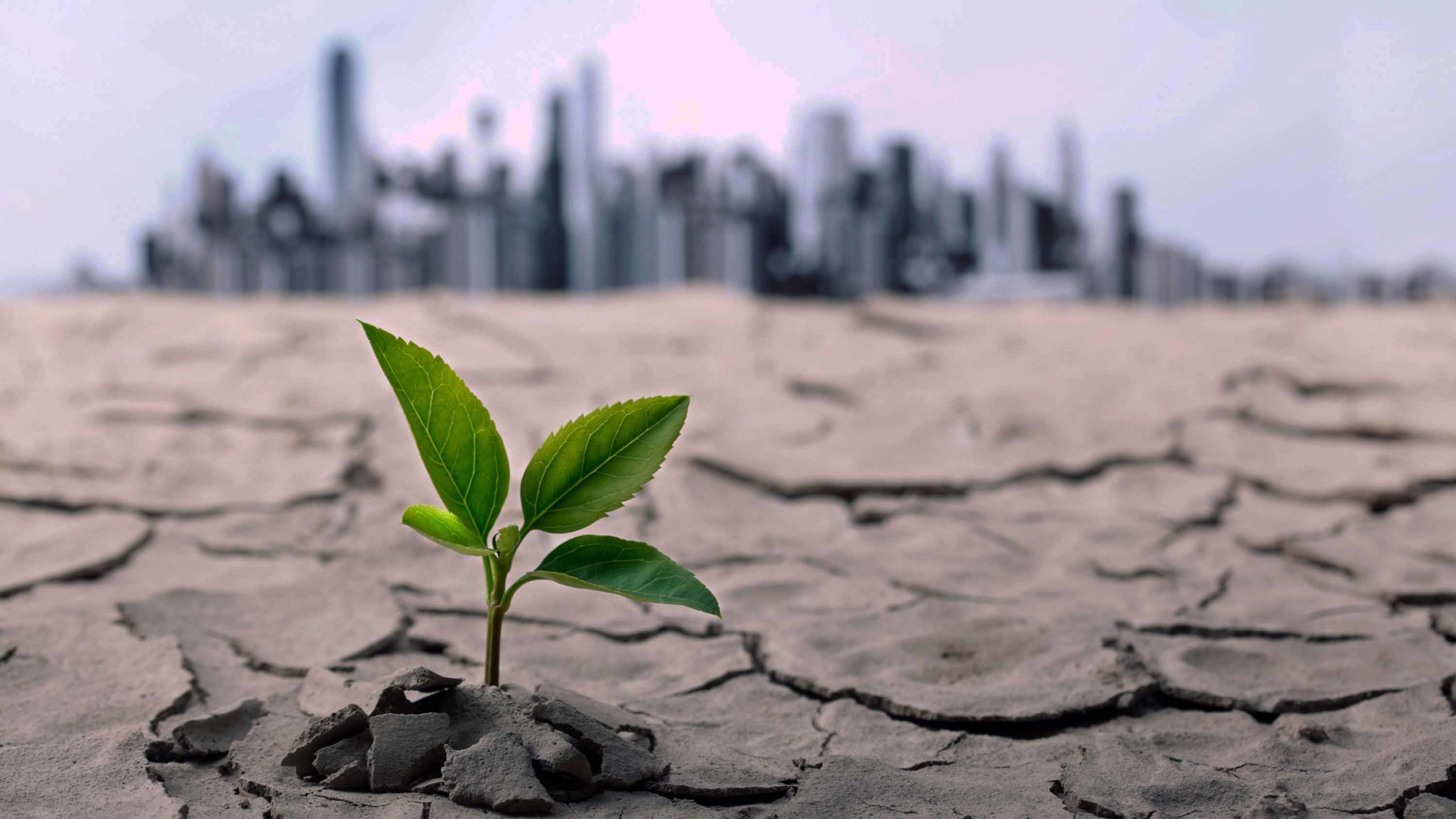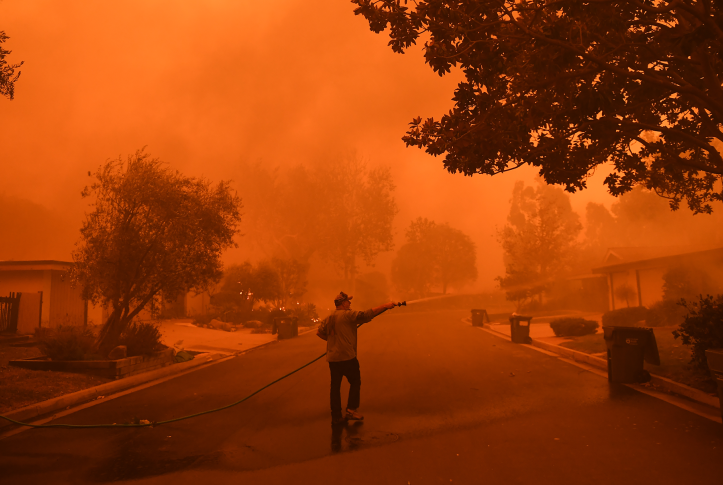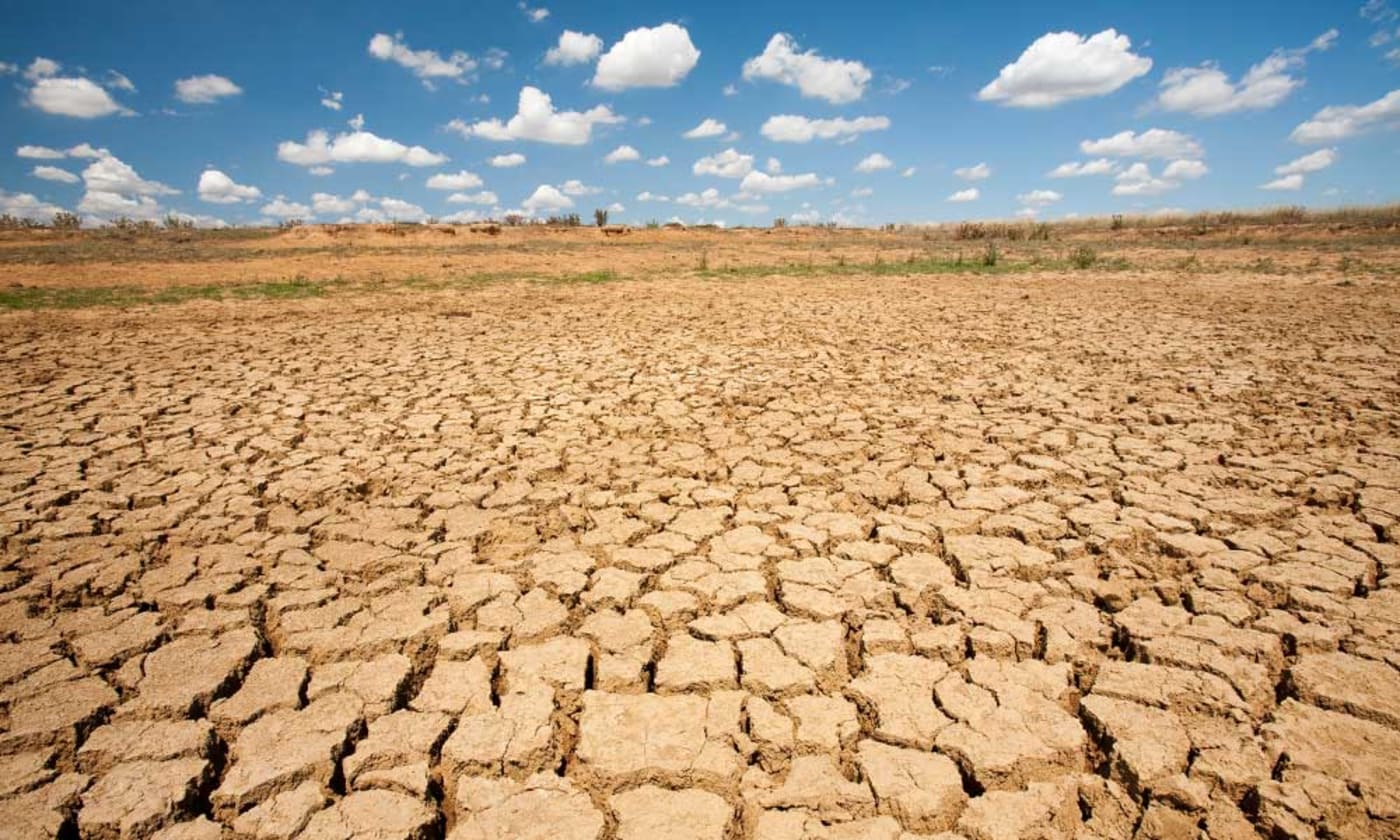In the face of undeniable evidence and urgent warnings from scientists worldwide, the reality of climate change remains a hotly debated topic. While a majority of nations are taking steps to mitigate the impacts of climate change, some of the largest countries, including India, Pakistan, China, and others, have been reluctant to fully acknowledge or address this pressing issue.
India, home to over a billion people and a rapidly growing economy, has often been criticized for prioritizing economic development over environmental concerns. Despite ambitious renewable energy goals and some efforts to combat pollution, India’s stance on climate change has been inconsistent, with leaders occasionally downplaying its severity.

Similarly, Pakistan, grappling with economic challenges and political instability, has struggled to prioritize climate change amidst more immediate concerns. Despite being one of the most vulnerable countries to climate impacts, including floods, droughts, and heatwaves, the government’s response has been inadequate, often overshadowed by other pressing issues.
China, the world’s largest emitter of greenhouse gases, has made significant strides in renewable energy deployment but continues to rely heavily on coal and other fossil fuels for energy production. Despite commitments to reduce emissions, China’s sheer size and rapid industrialization pose immense challenges in achieving meaningful progress towards combating climate change.
Mongolia, a country rich in natural resources, faces unique challenges due to its fragile ecosystems and dependence on industries like mining and agriculture. While acknowledging the importance of environmental conservation, Mongolia struggles to balance economic development with sustainability, often leading to environmental degradation and increased vulnerability to climate change.

These countries’ reluctance to fully address climate change is not unique. Many civilizations worldwide, both developed and developing, grapple with similar challenges, whether due to economic constraints, political instability, or simply a lack of awareness and understanding of the issue’s urgency.
However, the consequences of inaction are dire and affect us all. Climate change exacerbates natural disasters, threatens food and water security, displaces communities, and undermines global stability. The longer we delay decisive action, the costlier and more irreversible the impacts will become.
Therefore, it is imperative that we move beyond political divides and national interests to confront climate change collectively. This requires not only bold policy decisions and international cooperation but also a shift in societal attitudes and behaviors towards sustainability and environmental stewardship.
As individuals, we can contribute by advocating for climate action, adopting sustainable practices in our daily lives, and holding our leaders accountable for their commitments. Together, we can overcome climate change denial and build a more resilient and sustainable future for generations to come.

